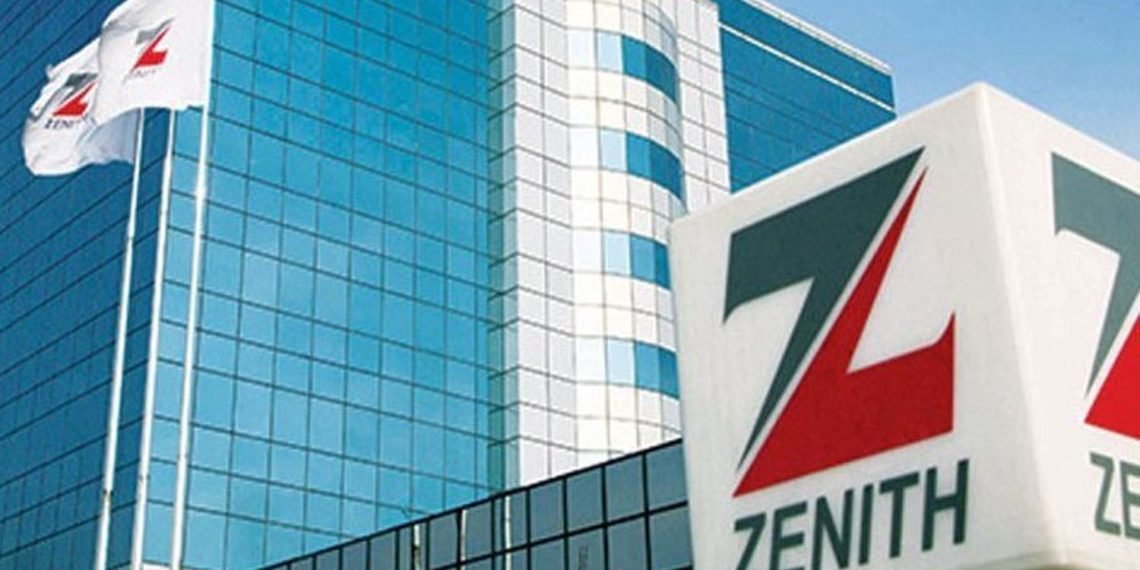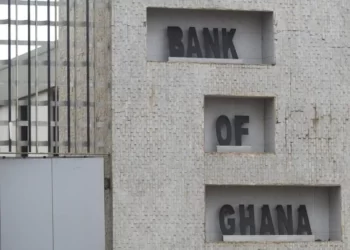An investment firm, Tesah Capital, ranks Zenith Bank as the best bank in Ghana last year in terms of its financial performance. Per the current rankings, Zenith Bank maintains its position as the best bank in the country since 2019, recording an overall score of 1.10 in 2020.
Tesah Capital indicated that the rankings emanated from an assessment of the credit worthiness and performance of the banks using the CAMEL framework ie; capital adequacy, assets size, management capability, earnings and liquidity.
“Zenith Bank, Standard Chartered Bank and EcoBank Ghana were the top three (3) banks with strong performances in the year under review. On the contrary, First Bank of Nigeria, Universal Merchant Bank and Prudential Bank were the least ranked banks based on the CAMEL components”.
At End-December 2020, Zenith Bank had a capital adequacy ratio of 43.2% with an asset size of GH¢8.03 billion. Its non-performing loan ratio was 6.2 percent, one of the lowest in the banking industry of Ghana. Consolidated Bank Ghana had the lowest NPL ratio of 0.1 percent as of End-December 2020.

Ecobank Ghana and GCB Bank dominates banking industry
According to the report, Ecobank Ghana and GCB Bank continue their dominance in the banking industry, controlling almost a quarter of the industry’s deposits in 2020. They controlled about 23.9 percent of the banking industry’s market share in terms of deposits in 2020. More specifically, Ecobank Ghana had a market share of 12.4 percent as compared to GCB Bank with 11.5 percent.
Furthermore, the report states that the total assets of the banking sector stood at GH¢ 149.3billion as at December 2020, indicating a year-on-year growth of 15.7%, lower than 20.2% recorded in 2019.
“The lower growth in 2020 was due to adverse impact of Covid-19 pandemic on banking activities in 2020. Net advances formed the larger proportion of the asset mix until 2018 where investment began to dominate”.
Tesah Capital indicated that the sharp growth in total investments in 2018 was largely due to the special resolution bonds issued to Consolidated Bank Ghana (CBG). Nevertheless, Investment holdings increased in 2020 as banks move to less risky assets i.e. GoG securities as a result of the pandemic-induced elevated credit risks, the report states.
Deposits as main source of funding for banks
Moreover, the report notes that deposits remained the main source of funding for the industry, with its share increasing from 64.7% to 69.6% between 2019 and 2020. Additionally, the report states that although investment holdings of banks increased in 2020, the structure of their investment portfolio remained largely the same.
“The movement towards longer dated instruments which led to an increase in the share of securities in total investments from 1.1% in 2018 to 1.8% 2019 was reversed in 2020 to 0.4%. Banks’ appetite for GoG securities remain strong as they reduce the size of their loan books in response to the risks presented by the pandemic on banking activities”.
With regards to Credit growth, the report indicates that it slowed from 25.7% in 2019 to 4.6% in 2020, driven by the outbreak of the pandemic and its resultant effect on businesses and loan repayments. Private sector credit still constitutes the larger proportion of credit in the banking sector. Its share increased to 91.1% in 2020 from 87.1% in 2019, while the share of public sector decreased to 8.9% from 12.6% over the same period.
According to Tesah Capital, the bank performance evaluation rankings were based on the financial statements released by the banks for the 2020 financial year. The rankings focused on twenty-one (21) out of the twenty-three (23) commercial banks in Ghana. This is because the financials of OMNIBSIC and National Investment Bank were unavailable at the time of the analysis.
READ ALSO: International Tourist Arrivals down by 53.2%























